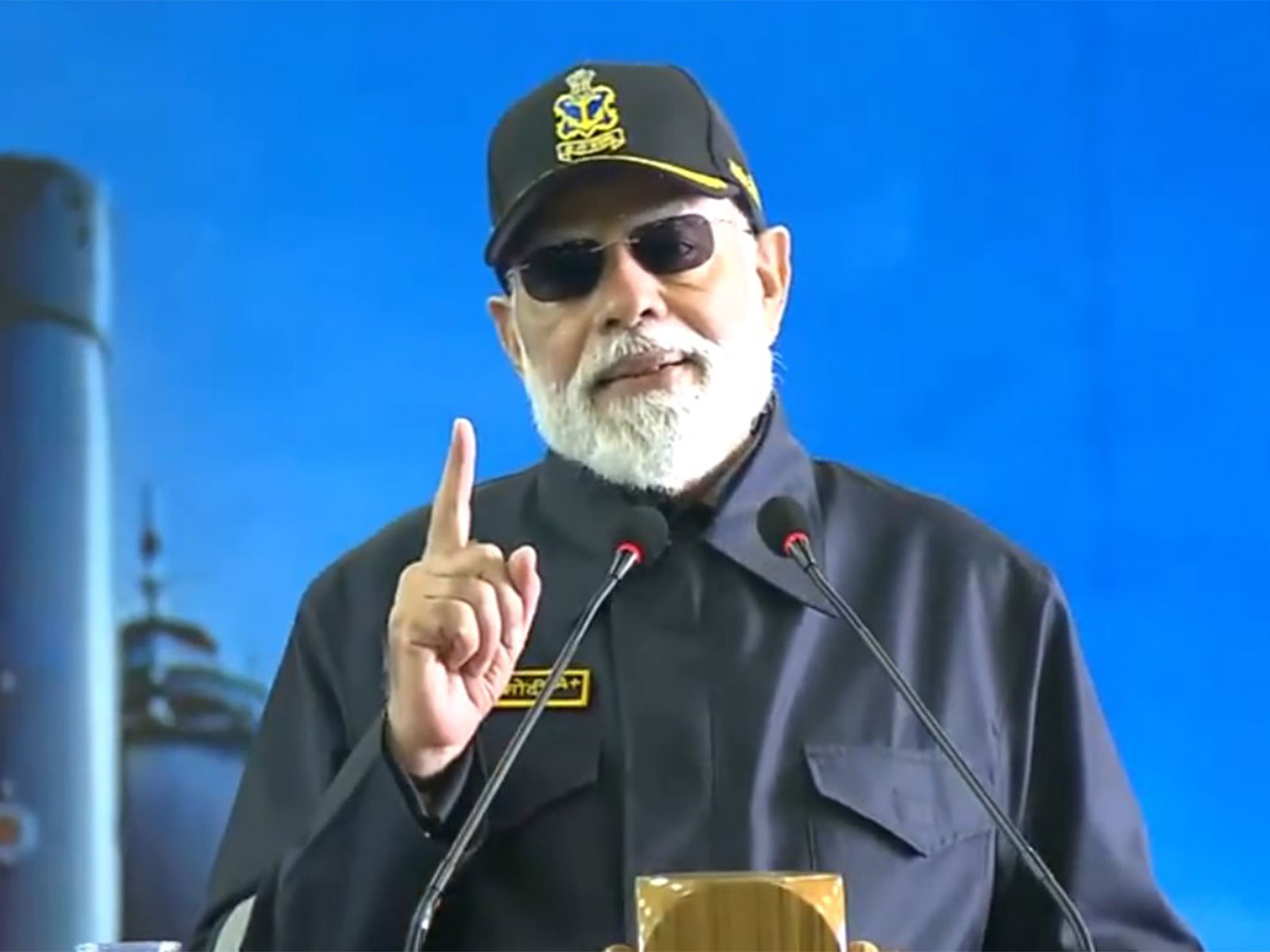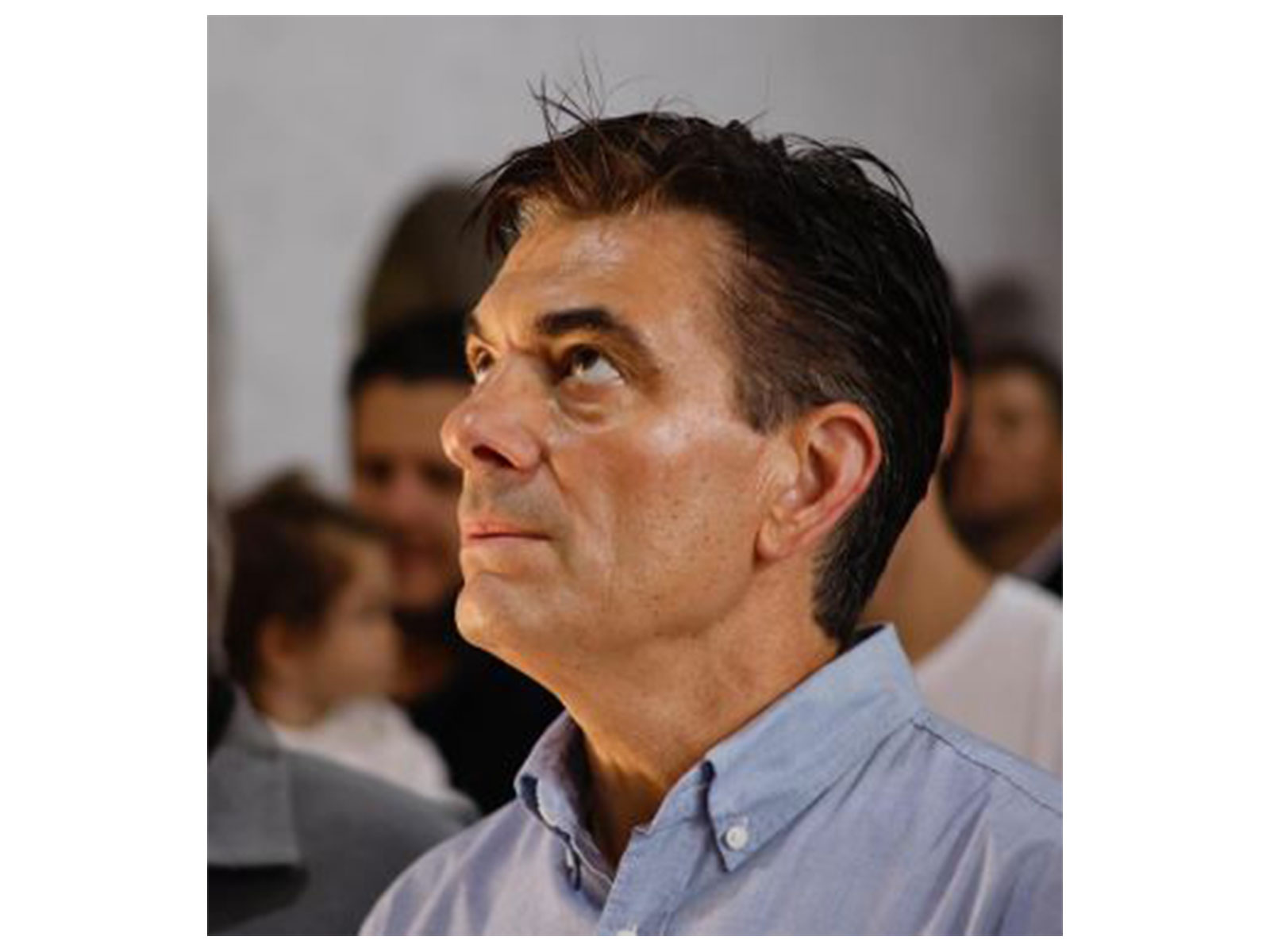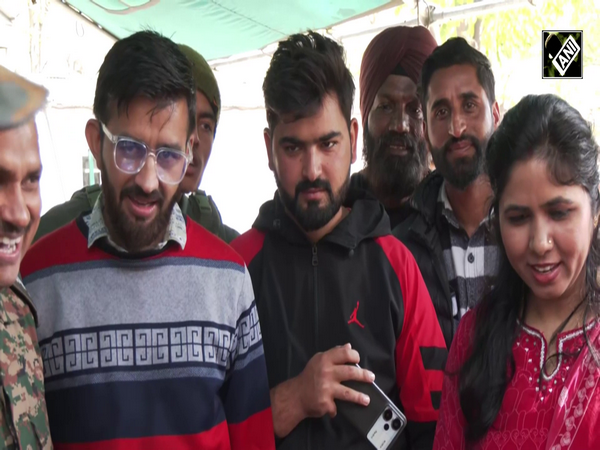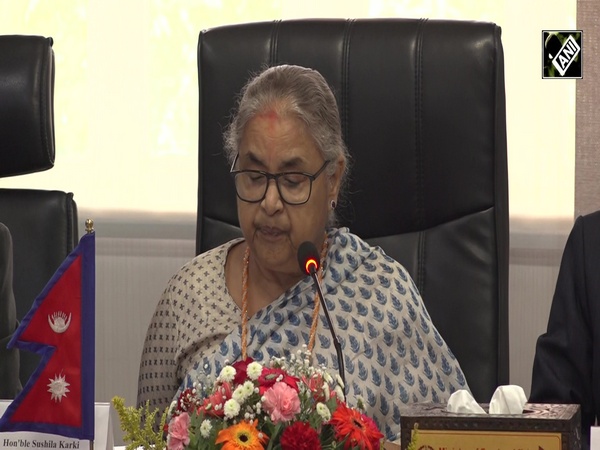New study finds majority of romantic couples start out as friends
Jul 13, 2021

Victoria [Canada], July 13 : Though most movies and television shows often show romance sparking between two strangers, the findings of a new study suggests that couple in real-life are far more likely to begin as friends.
The new study, published in Social Psychological and Personality Science, found that two-thirds of romantic relationships start out platonically.
This friends-first initiation of romance is often overlooked by researchers. Examining a sample of previous studies on how relationships begin, the authors found that nearly 75 per cent focused on the spark of romance between strangers. Only eight per cent cantered on the romance that develops among friends over time.
"There are a lot of people who would feel very confident saying that we know why and how people choose partners and become a couple and fall in love, but our research suggests that is not the case," said lead author Danu Anthony Stinson, a psychology professor at the University of Victoria, Canada. "We might have a good understanding of how strangers become attracted to each other and start dating, but that's simply not how most relationships begin."
The team analysed data from nearly 1,900 university students and crowdsourced adults, with 68 per cent reporting that their current or most recent romantic relationship began as a friendship.
There was little variation across gender, level of education, or ethnic groups, but the rate of friends-first initiation was even higher among 20-somethings and within LGBTQ+ communities, with 85 per cent of such couples beginning as friendships.
Among university students, "friends-first initiators" were friends for one-to-two years before beginning a romantic relationship. Researchers noted that the vast majority of these participants reported that they did not enter their friendships with romantic intentions or attraction. Stinson also noted that the average length of pre-romance friendships means it is likely that the couples were genuine, platonic friends before transitioning to romance.
Nearly half of the students reported that starting as friends was their preferred way of developing a romantic relationship, making it far and away more popular than other options presented, such as meeting at a party or online.
Given the prevalence of romantic relationships that begin platonically, Stinson would like to see further studies examining this kind of relationship initiation. She also hopes that this research will push people to revisit their preconceived notions about love and friendship. Stinson notes that we are often taught that romance and friendship are dissimilar types of relationships that form in different ways and meet distinct needs.
"Our research suggests that the lines between friendship and romance are blurry," said Stinson, "and I think that forces us to rethink our assumptions about what makes a good friendship but also what makes a good romantic relationship."




















